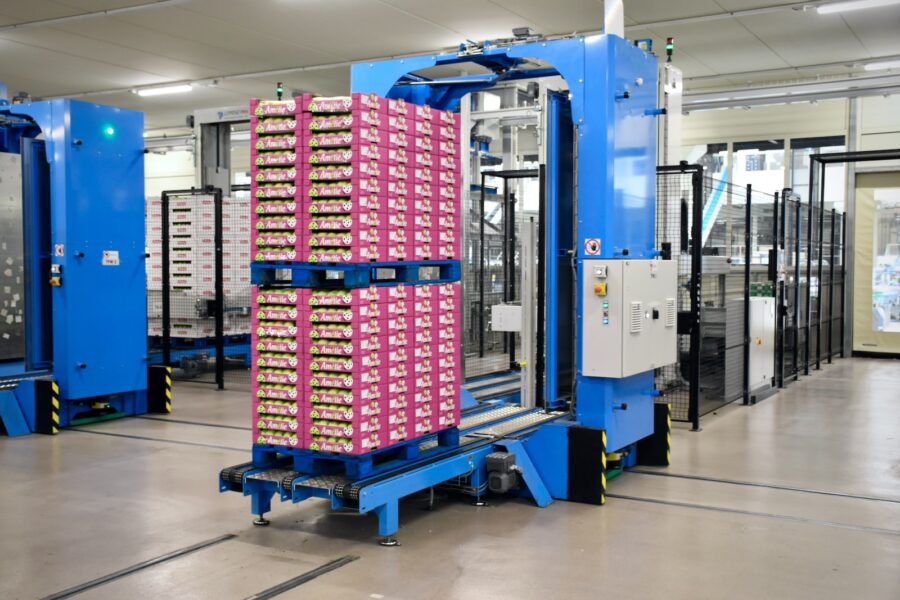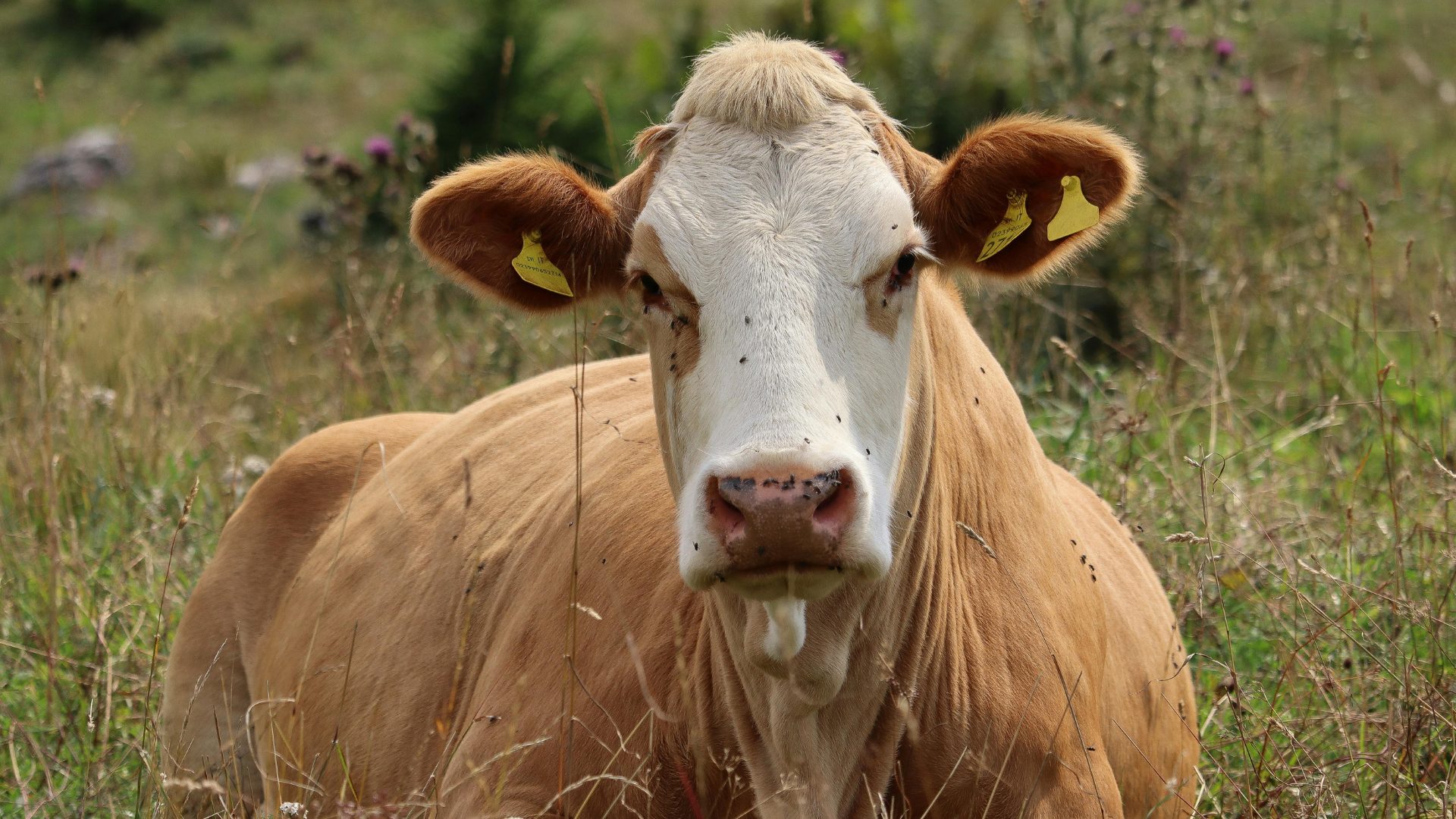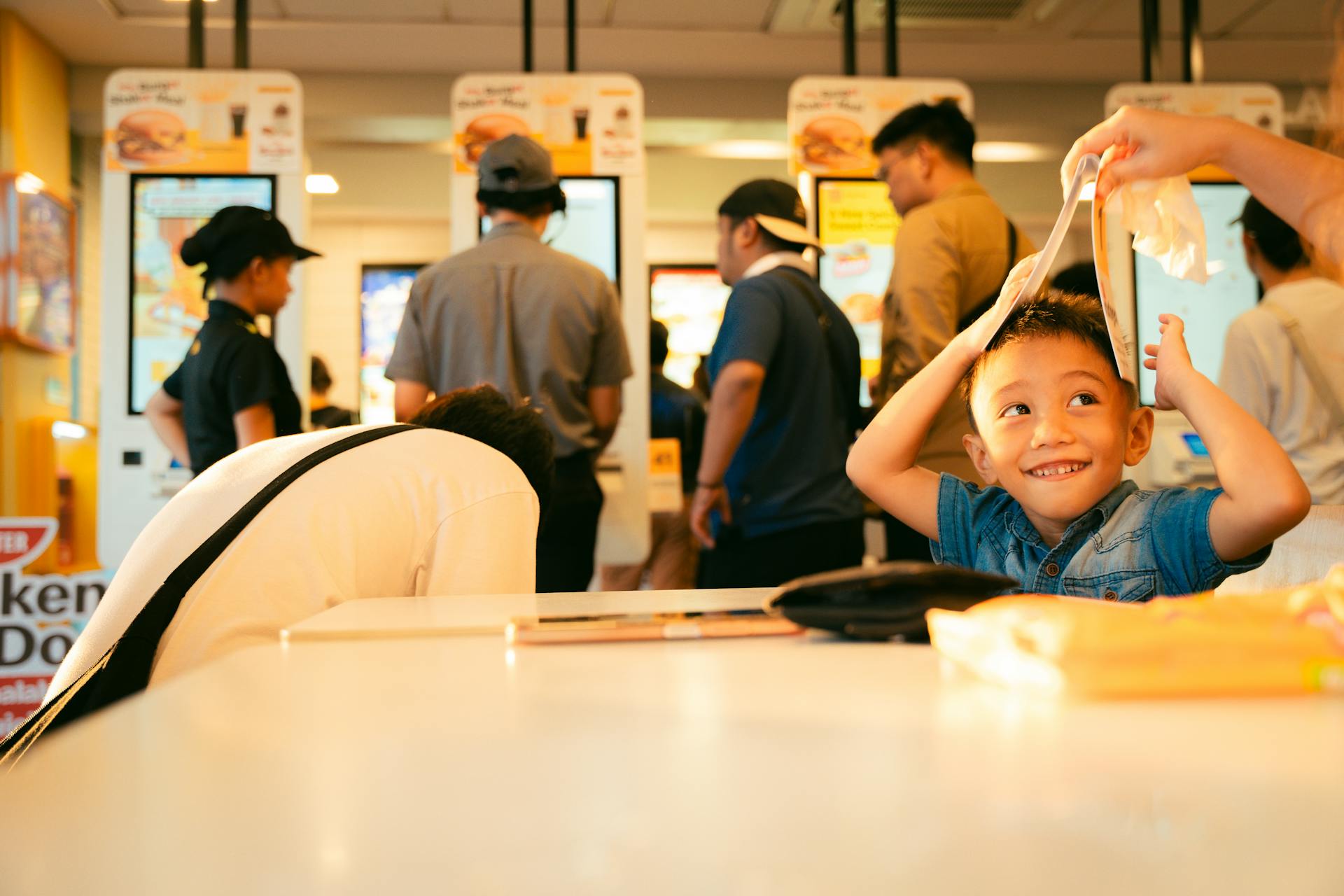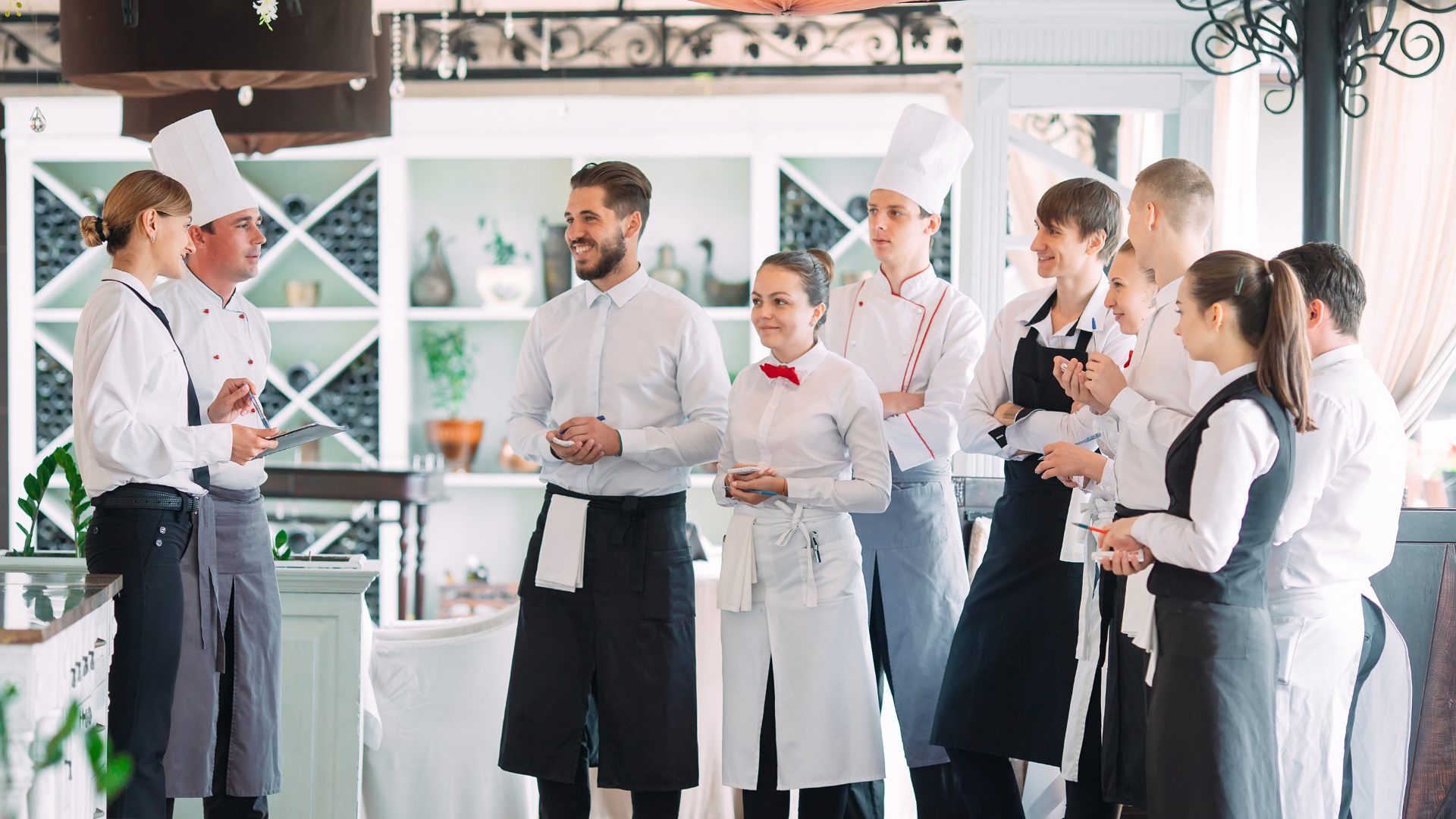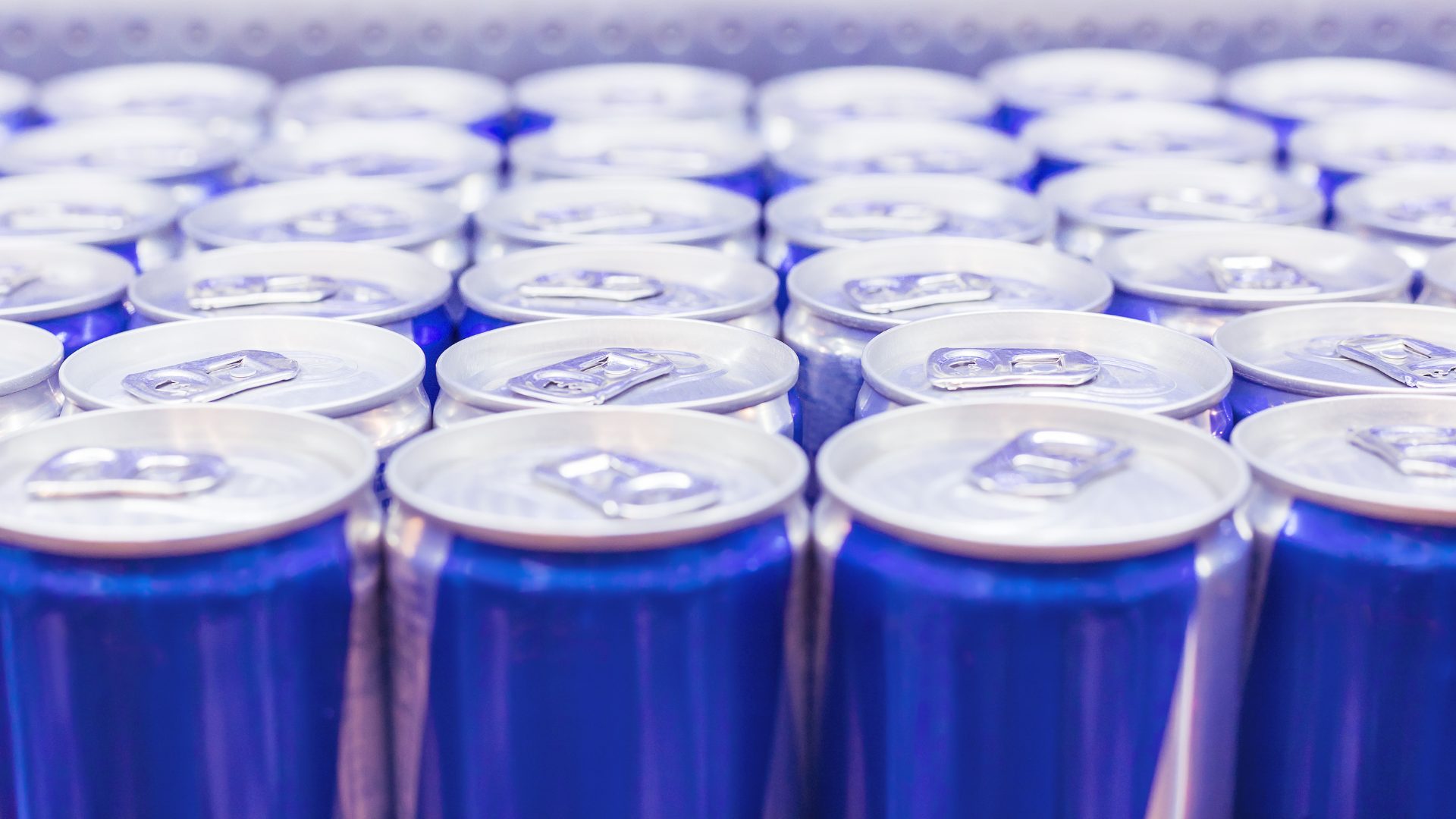The pandemic did more than change consumer buying habits: It pointed out shortcomings in supply chains leading to shortages of everything from meat to shipping containers and truck drivers. The impact on the food supply is especially critical, prompting companies to look for solutions.
“The bottom line is you can’t sell what you don’t have and we’re all doing whatever it takes to keep inventory as plentiful as possible,” Maurice Christino, vice president at Cento Fine Foods, told The Food Institute. “With the ongoing supply chain issues and rising freight costs, we are making smart and strategic choices when it comes to inventory management.”
But warehouse and cold storage space is in short supply, and the need only is growing.
FreezPak and BG Capital recently announced they would build $1 billion in cold storage facilities in port-centric markets around the country, creating 200 million cubic feet of cold storage space, FreightWaves reported (Aug. 8).
CREATING JOBS
“The speculative cold storage market does not meet the needs for automation and advanced material handling equipment,” Mike Saoud, CEO of FreezPak, said.
The new facilities are expected to create 310,000 pallet positions by late 2024. Sites in Florida, California, Texas, Washington, Georgia and Michigan are under consideration.
BG and FreezPak recently announced a 170,000-square-foot, 7-acre cold chain facility in Philadelphia to be operational by next July. The design incorporates 30 robots to move pallets in and out of freezers.
COLD STORAGE IN SHORT SUPPLY
Commercial real estate salesman Joe Rosati of Lea & Associates of Toronto said he wasn’t surprised by FreezPak’s decision, noting cold storage facilities are in short supply, in part because landlords are reluctant to have industrial facilities outfitted for that use.
“This phenomenon is happening throughout North America,” Rosati told The Food Institute. “In general, the industrial property market is extremely tight these days. Vacancy rates in the prime North American markets are approaching 1%, and in some cases are below 1%. That’s for all industrial properties in general, and so add to that the fact that spaces built out for food services that require climate control throughout are a very specialized product and that just makes the tight supply even more exacerbated.”
VALUABLE INVESTMENT
Steven Burke, lead economist at CRM AgriCommodities, said having cold storage space is a good way to hedge against volatile agriculture prices, currently being exacerbated by the war in Ukraine, extreme weather and the fertilizer shortage.
“There are no clear signs these issues will be resolved over the short to medium term, which will lead to longer-term implications around how companies purchase, process, store and distribute their products so it makes sense to start investing now,” Burke said.
“It also helps that recession fears and higher borrowing costs have helped bring down property prices and demand for large-scale projects.”


